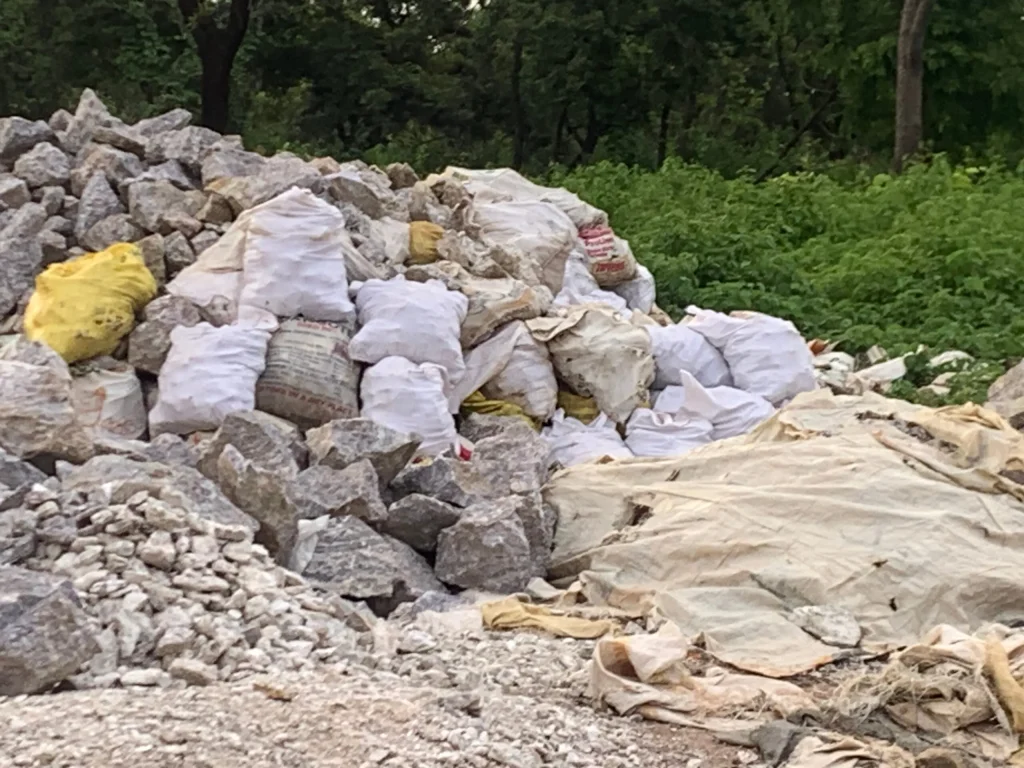At the 3rd annual workshop hosted by the Nigerian Society of Mining Engineers, Kaduna Chapter, experts underscored Nigeria’s potential to lead the green energy revolution. The workshop, attended by industry leaders, policymakers, and mining stakeholders, explored the critical role of lithium and other strategic minerals in driving Nigeria’s transition to a renewable energy-based economy.
The discussions revolved around leveraging Nigeria’s untapped lithium reserves, which are pivotal in manufacturing batteries for electric vehicles and renewable energy storage systems. With states like Nasarawa, Kogi, and Ekiti housing significant lithium deposits, the country has the potential to attract global investors and emerge as a major supplier of critical minerals for clean energy technologies.
Lithium: A Strategic Mineral for Clean Energy
Lithium’s importance in the global clean energy agenda cannot be overstated. The mineral powers electric vehicles, portable devices, and grid energy storage systems, making it a cornerstone of the global transition to net-zero emissions. Nigeria’s lithium reserves, particularly those with high lithium oxide content, position the nation to meet rising international demand. According to the International Energy Agency (IEA), global lithium demand is expected to increase 13-fold by 2040, offering Nigeria a unique opportunity to integrate into the renewable energy value chain.

Economic and Industrial Opportunities
Experts at the workshop highlighted the economic potential of developing Nigeria’s lithium industry. Properly harnessed, lithium mining could attract billions in foreign investment, create thousands of jobs, and drive industrialisation. Additionally, developing a vertically integrated lithium value chain—including upstream, midstream, and downstream activities—was recommended as a strategy to maximise revenue generation and ensure sustainable growth.
The workshop also emphasised the need for innovative mining practices and robust policies to support investment while protecting local communities and the environment. Stakeholders advocated for increased funding for geological surveys, including high-resolution mapping, to determine the full extent of Nigeria’s lithium deposits.
Challenges and the Way Forward
Despite its potential, Nigeria’s mining sector faces significant challenges, including underfunding, limited technological capacity, and inadequate infrastructure. Experts cautioned against repeating the mistakes of the oil and gas sector, which prioritised raw material exports over value-added production.
To address these issues, attendees called for policies linking mining approvals to investments in midstream and downstream segments of the lithium value chain. Sustainable mining practices, community engagement, and equitable resource distribution were also highlighted as essential for long-term success.
Nigeria’s Role in Global Green Energy Transition
As the world accelerates its shift to renewable energy, Nigeria’s strategic mineral resources position it as a critical player in the green energy revolution. By investing in lithium and other critical minerals, Nigeria can strengthen its economy, reduce dependency on fossil fuels, and contribute to global efforts to combat climate change.
The Kaduna workshop concluded with a call for collaboration among government, private sector investors, and local communities to unlock Nigeria’s mineral wealth responsibly and sustainably. With a focused approach, Nigeria can emerge as a green energy powerhouse in the years to come.

